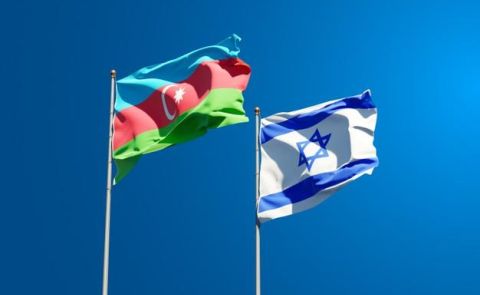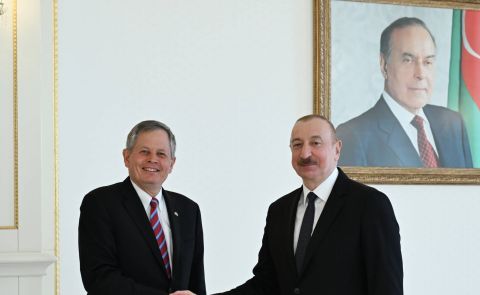
8 March protests in the South Caucasus
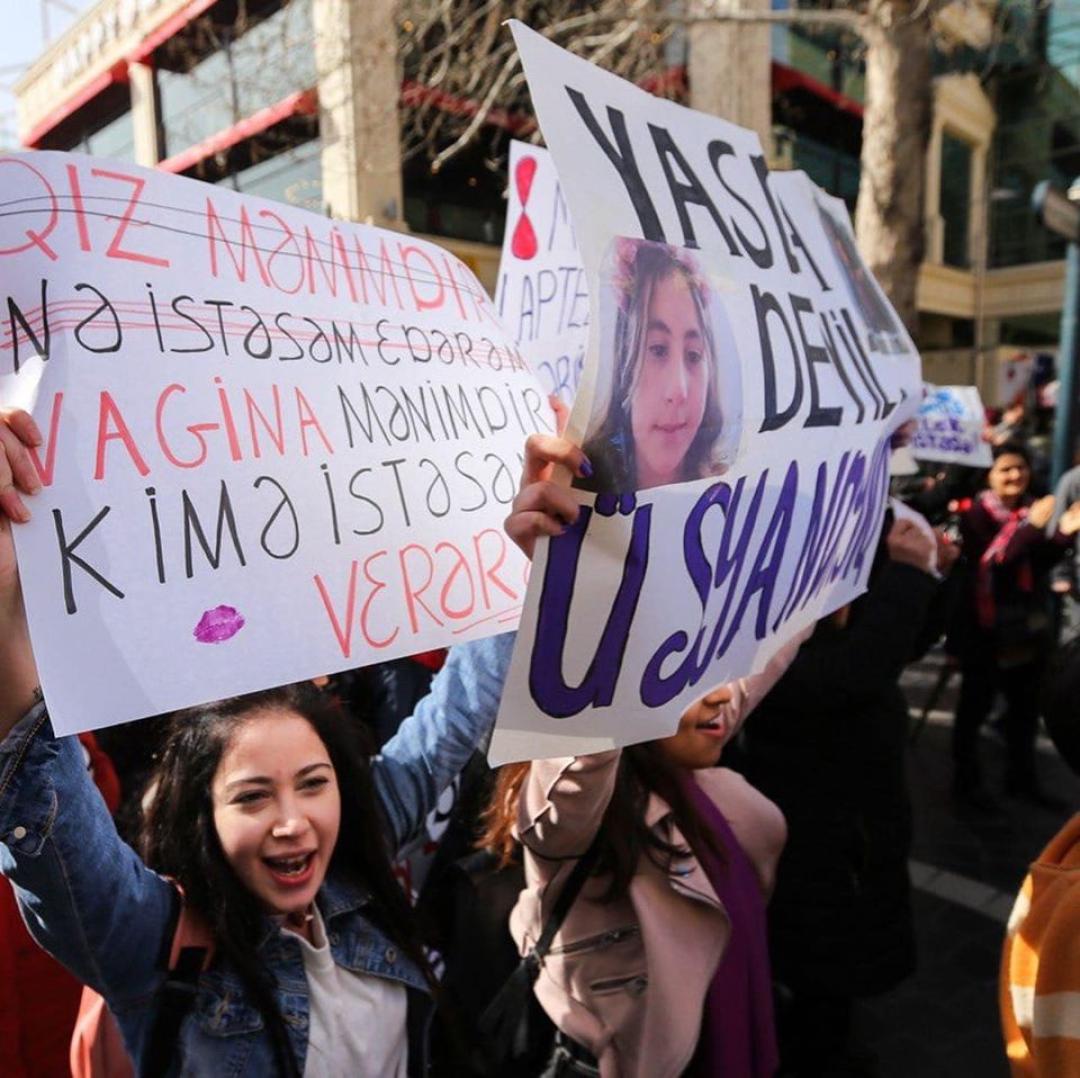
On 8 March, all three South Caucasus countries recorded in various degrees protests of women’s rights activists during the International Women’s Day.
The biggest outcry against a protest occurred in Baku, Azerbaijan. A rally under the slogan: “March 8 - the streets are free for us,” was organized. The participants marched along the central streets of Baku - from Fountain Square to the Sahil metro station.
The action resolution put forward the requirements: 1) to ensure the rights of all individuals regardless of gender and sexual orientation to life and work in a safe environment; 2) equal conditions for activity should be created for all, regardless of gender and sexual orientation; 3) ensure access to education for all, regardless of gender and sexual orientation; and 4) to fully comply with the obligations under the Convention on the Prohibition of Discrimination against Women in All Its Forms and take effective measures to eliminate the environment for discrimination.
10 people were detained during the rally, but were afterwards taken to the Gobustan region and released in the desert. According to the police, no women were detained.
On 10 March, a 24-year old feminist activist, Aysel Alekperzade, attempted to commit suicide by jumping from the third floor after the rally. Alekperzade is now in the intensive care unit of the Medical Clinical Center in Baku. The reason for Aysel's suicide attempt was probably linked to her participation in the rally. She held in her hands a poster with the provocatively phrased slogan, which caused criticism on social networks. Before attempting suicide, Aysel wrote a post on her Facebook page. “Libre, Asli and Gurban are to blame for my suicide. They used me in their games. I say the last time, long live Feminism, may the Patriarchate be destroyed!,” she wrote. The persons which Alekperzade named in her post were all Azerbaijani journalists and political activists who filmed the protest action.
In Georgia, over 30 women led by the Georgian Women’s Movement held a performance against femicide, and against placing blame on victims, in front of the Tbilisi Concert Hall on 8 March. “You are to blame, the state is to blame, the police are culpable, the Prosecutor’s Office is culpable, the courts are culpable, a neighbour who knew but didn’t help us is to blame, a relative who knew but didn’t help us is to blame”, the women chanted.
Citing public concerns over the spread of the coronavirus, the New Union, a recently formed trade union, read out their 8 March manifesto in a relatively remote spot near the Mother of Georgia statue in Tbilisi. They demanded paid parental leave in all sectors of the economy. Georgia does not require employers to pay employees parental leave. New parents are eligible for a one-time payment of up to 1,000 Lari ($360) from the Social Service Agency.
In Zugdidi, activists pinned printed stories of femicide victims on dresses — ‘stories they could not tell’. Georgian Public Defender Nino Lomjaria released a statement highlighting what she called ‘reactive’ and ‘ineffective’ law enforcement measures to combat femicide. She made the statement on the background of “8 gender-based murders and 4 attempted killings within the last two months in Georgia.”
The Georgian government promised after the protests to launch a large-scale campaign to combat violence against women. The Ministries of Justice, Interior, Regional Development, Health, Education and the Prosecutor’s Office will be involved in the campaign.
Armenia also recorded a rally on the 8 March in Yerevan. The participants in the rally were protesting against violence against women in Armenia. The protesters highlighted that between January and March 2020, 5 women died in the country as a result of violence against women. They especially pointed out the case from 5 March where a 43-year old woman and her minor daughter were severely beaten in Gyumri. The woman died and the little girl was transferred to a hospital in Yerevan in very severe condition—with numerous bodily injuries.
See Also

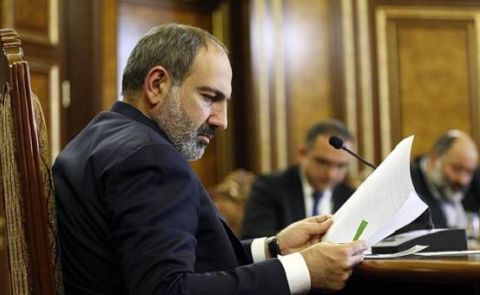
Pashinyan Commemorates First Republic Day, Highlights Progress in Sovereignty and Peace Efforts

Israeli Ambassador to Armenia Acknowledges Challenges but Optimistic About Future Armenian-Israeli Cooperation

EU Plans Closer Cooperation with Azerbaijan, Georgia, Türkiye, and Other Black Sea States
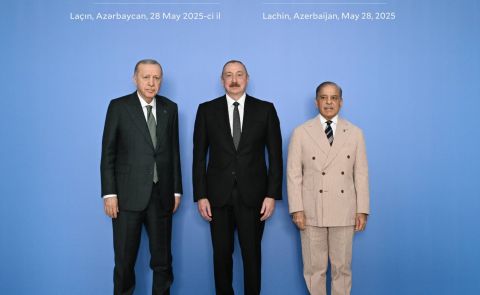
Azerbaijan, Türkiye, and Pakistan Highlight Growing Strategic Cooperation at Lachin Summit
